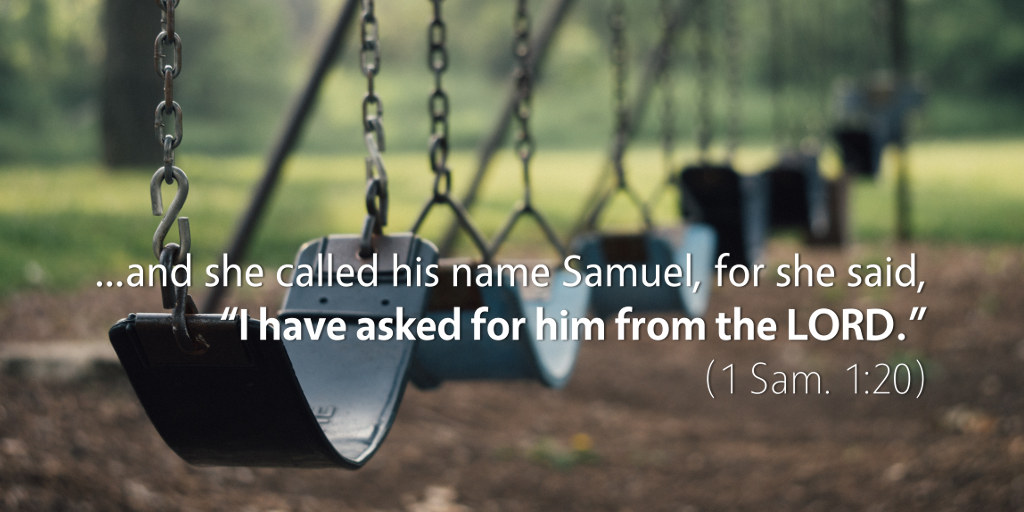Bible Readings for August 11th
1 Samuel 1 | Romans 1 | Jeremiah 39 | Psalms 13–14
Quietly, through a poor, widowed Moabite woman—the most unlikely person possible—God put into motion a plan in the book of Ruth for raising up a king. This king would shepherd God’s people away from doing what was right in their own eyes and instead toward obeying God by doing everything that was right in his eyes. And in 1 Samuel, God finally anoints his chosen king to the throne of Israel—but not right away. Instead, 1 Samuel opens in the way that many of the best stories in the Bible do, with a barren woman pleading for Yahweh to open her womb. With this, God adds Hannah to the list of Sarah (Gen. 11:30), Rebekah (Gen. 25:21), Rachel (Gen. 29:31), and the unnamed mother of Samson (Judg. 13:23).
Also, the rivalry between Hannah and Peninnah (Peninnah would provoke Hannah because Hannah had no children; 1 Sam. 1:6) should remind us of the stories of Hagar, who looked on Sarah with contempt once she conceived with Sarah’s husband, Abraham (Gen. 16:4), and of Rachel, whose infertility brought her to great distress as she compared herself with her sister, Leah (Gen. 30:1). Sadly, polygamy does happen in the Bible, but it is always cast in the most negative light possible as an unworkable situation that unavoidably causes heartache for the people involved. God’s plan for marriage had always been that a man would cleave to his wife so that the two could become one flesh (Gen. 2:24)—adding additional members to the marriage union causes tremendous problems.
It is no surprise, then, that Hannah’s anguished prayers make her appear drunk to the priest Eli (1 Sam. 1:13). We read that Yahweh mercifully remembered Hannah by answering her prayers, so that “in due time Hannah conceived and bore a son, and she called his name Samuel, for she said, ‘I have asked for him from the LORD’” (1 Sam. 1:20). Then, according to her vow, she dedicates Samuel to service in the tabernacle as soon as he is weaned (1 Sam. 1:23–28).
Hannah is a woman of great faith who did not allow her pain to drive her to bitterness but rather poured out her soul before Yahweh, entrusting her fertility to the one who opens and closes wombs. This story does not teach that Yahweh will always give us what we ask for in prayer, but it does teach that Yahweh hears us when we pray.
The question is far less about whether Yahweh will give us the answers we want from him in prayer and far more about whether we, like Hannah, can actually trust Yahweh with our prayers. Whatever it is that brings anguish to your soul—are you pouring that out before Yahweh? And if not, what is stopping you from entrusting yourself to him as Hannah did?
Podcast: Play in new window | Download (5.1MB) | Embed
Subscribe: Apple Podcasts | RSS | More

Scripture quotations are from The Holy Bible, English Standard Version copyright © 2001 by Crossway Bibles, a division of Good News Publishers. Used by permission. All rights reserved.


